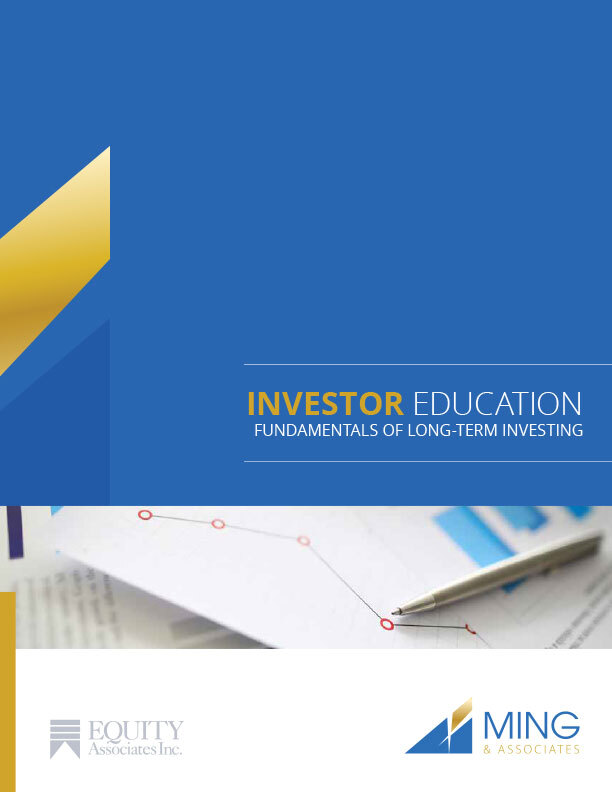In North America, the majority of investors get their financial market updates from television and news media sources. Inevitably, that means over the past couple weeks your morning headlines (which are primarily geared to the USA) would have read something along the lines of: ‘stocks enter bear market’, ‘sell-off continues’ or ‘recession looming’.
As of writing this, the S&P500 (USA) is down 22% and the TSX/S&P Composite (Canada) is down 12% from their all-time highs last fall. Cognisant of this, we thought it was a good time to revisit how often these occurrences happen.
The S&P500 has declined more than 10% in 10 of the past 20 years, and 32 of the past 60 years (roughly 1 in 2 years) …yet many investors allow emotions (fear) to take hold each time, leading us to the most important point – behaviour is the biggest determiner of investor returns. We position our clients’ portfolios to be diversified for times like these, and we do not allow our investment philosophy to be swayed by the excessive highs or excessive lows in the market each year.
To paraphrase the words of Investor Barry Ritholtz: “Our goal for our clients is to own a broadly diversified, low-cost portfolio of global assets, rebalance, minimize taxes, stay informed as to what is going on in markets and the economy, but – more or less – leave their portfolios alone until their financial goals are realized.”1
It is the last line that really stands out. Clients and readers of our content know that we continually lean on our guiding principles for investment success, and they are a core element of how we’ve provided advice over the past 25 years. We decided to copy one of these principles directly off our website. It reads:
Discipline: Have a plan and stick with it. All success comes from sticking to a plan and not re-acting to events. Modifying inappropriate behaviour and exercising self-control is critical to long term success.
By having discipline, and resisting unnecessary action, you allow compounding to work its magic. It takes years and years to see the true effect of compounding, and our job is to help manage investors emotions so that they don’t make short-term decisions (driven by emotions) that interrupt this process.
James Clear is an author who makes a living writing about habits and decision making. In a recent article, he focused on accepting the reality of slow progress. He writes:
“Most big, deeply satisfying accomplishments in life take at least five years to achieve. This can include building a business, cultivating a loving relationship, writing a book, getting in the best shape of your life, raising a family, and more.
Five years is a long time. It is much slower than most of us would like. If you accept the reality of slow progress, you have every reason to take action today. If you resist the reality of slow progress, five years from now you’ll simply be five years older and still looking for a shortcut.”2
He is not speaking about your financial plan, but we can’t help but feel how perfectly this summarizes a key element of successful financial plans. When we accept the reality of slow progress, we are able to let our investment plan work as it is intended to, and put our focus on other things that truly matter in life.

